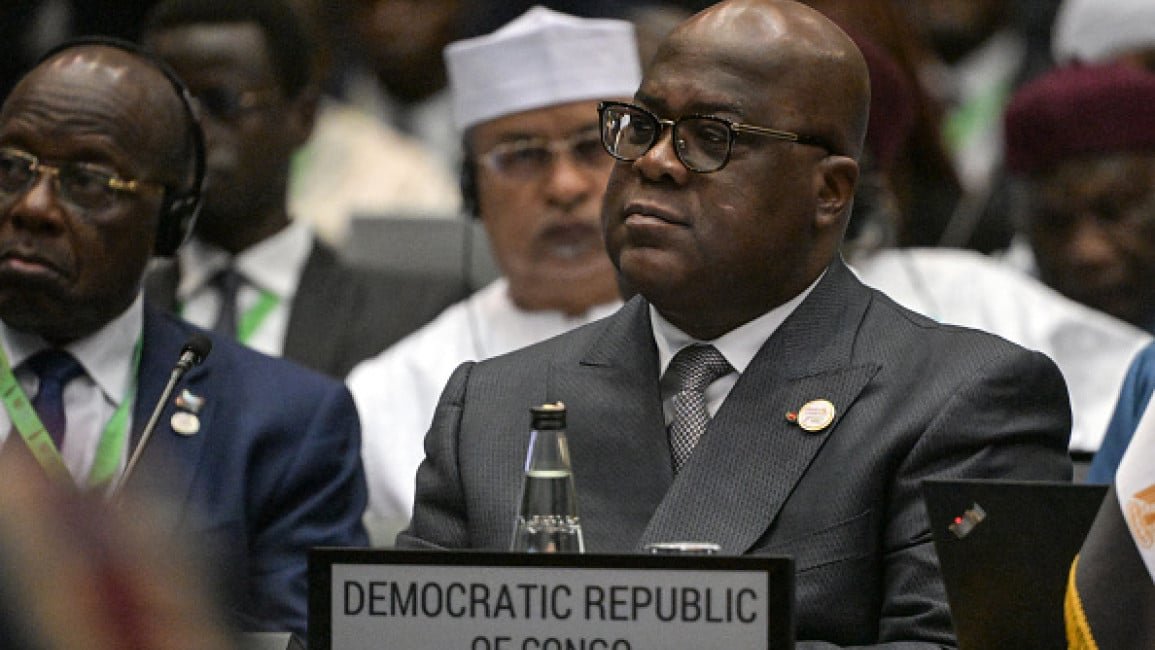On Monday, President Félix Tshisekedi of the Democratic Republic of Congo (DRC) revealed that a $1.9 billion agreement had been signed between the United Arab Emirates and the state-owned mining company la Société aurifère du Kivu et du Maniema (Sakima).
The deal was finalized in Kinshasa by a UAE government delegation. As part of the partnership, the plan is to develop a minimum of four industrial mines in the troubled eastern areas of South Kivu and Maniema.
Sakima currently holds mining concessions in the region for various minerals including tin, tantalum, tungsten, and gold. However, the specific minerals covered by this agreement have not been disclosed by the government.
In December, the Democratic Republic of Congo (DRC) signed a 25-year contract with UAE company Primera Group, granting them export rights for artisanally mined ores. Artisanal mining involves independent miners who are not employed by mining companies.
The agreement provided Primera Group with a majority stake in two joint ventures, Primera Gold and Primera Metals, granting them preferential export rates for gold, coltan, tin, tantalum, and tungsten.
The DRC presented this initiative as a strategy to combat mineral trafficking to armed groups, particularly prevalent in the country’s eastern region.
The eastern part of the DRC has long been plagued by armed conflict, with the United Nations estimating the presence of up to 120 different militia groups in the area. These groups receive support, at least in part, through the trade of smuggled minerals.
However, a report published by the United Nations in June expressed concerns about the legality of artisanal mines supplying Primera Gold. The report highlighted the potential for the supply chain to be contaminated with ore from sites controlled by armed groups due to inadequate traceability mechanisms.
Despite these concerns, Primera Gold commenced operations in South Kivu in January and reportedly shipped a ton of certified gold in May, as reported by the Congolese Ministry of Finance.

